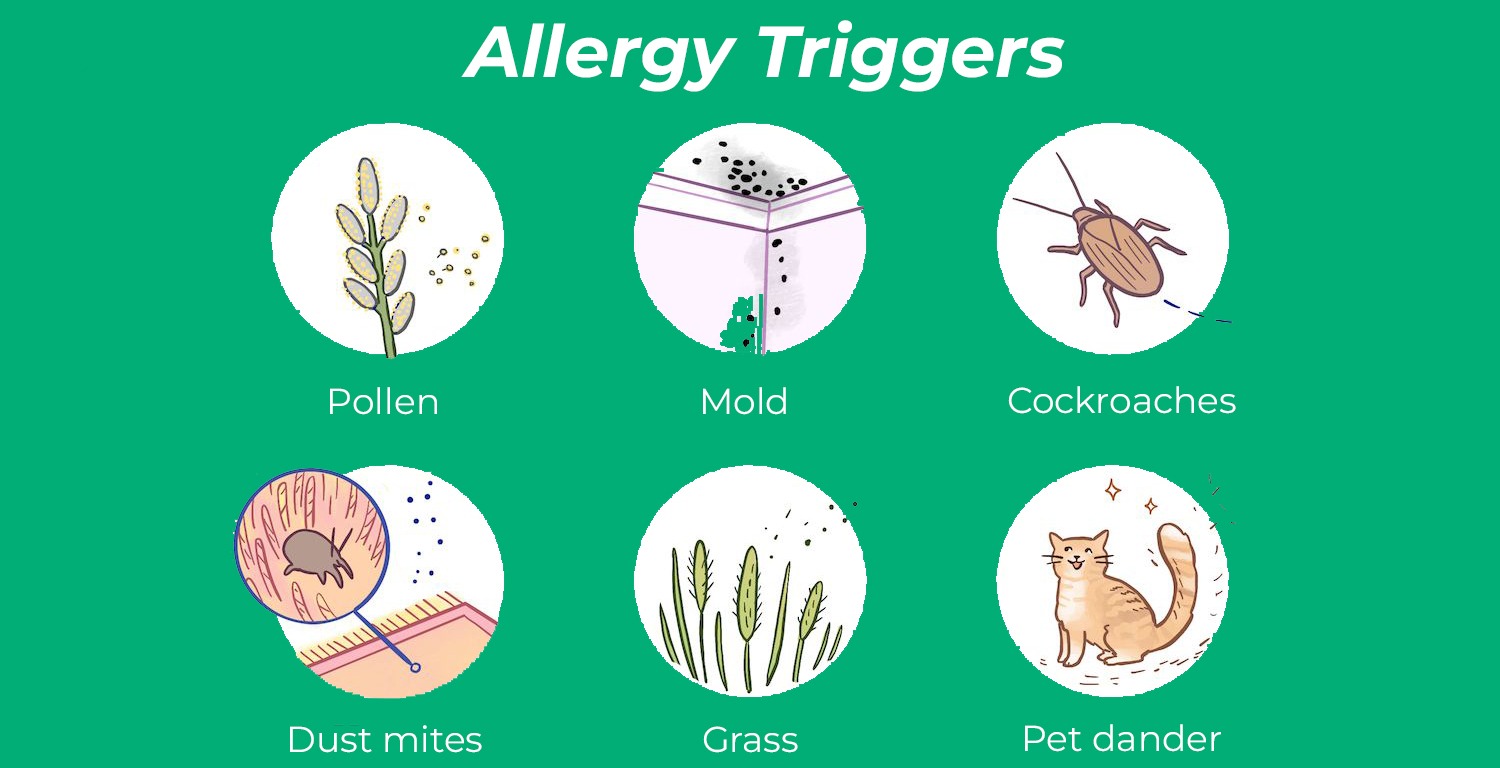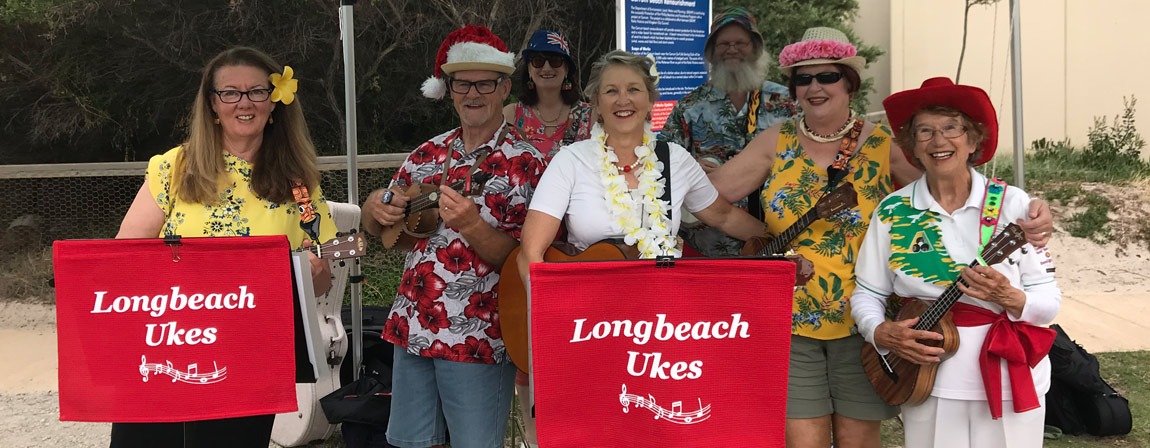We should be, provided we adhere to the golden rule.
As a kid, I never said, “My pleasure” to anyone. It just wasn’t the thing you said. These days, I often find myself saying it, and it’s usually a phrase used when assisting others. Why is it “My pleasure” to assist someone else? Does it just sound fancy? In part, I started using it because it did sound fancy. By contrast, when I used to say, “No worries” a skilful communicator remarked, “Why do you even mention worries, if there are none?” It’s a double negative. Fair enough. So, along such lines I gravitated to “My pleasure”.
Moving along, this idea of pleasure is worth some more pondering. Pleasure is a powerful motivator. And, though we’re not going to focus on its counter, pain, it’s worthwhile acknowledging here for completeness. As they say, the average human gravitates towards pleasure and away from pain.
Drawing our attention to pleasure, let’s begin by accepting that there are different and varying descriptions of pleasure. Broadly defined, there are fundamental pleasures largely related to survival, such as food, shelter and social belonging. Then there are what are referred to as higher order pleasures, such as the pleasure derived from viewing art and altruism.
The fundamental pleasures, we can all perhaps understand. The higher order pleasures are interesting for me since they don’t just always develop by themselves. They require some appreciation and cultivation in fact to develop. That’s to say, if a child walking along a street isn’t given some encouragement to appreciate their surrounds, perhaps the aesthetics of a garden or a sculpture adjacent to a highway, their mind may not develop this sense of higher order pleasure. Indeed, such is the risk of allowing their eyes to be glued to an iPad. It sounds like such a trifle, to learn how to find pleasure. Yet it is the case with higher order pleasures. And many a time these pleasures cost no money at all.
The appreciation of beauty follows the same line. If beauty is in the eye of the beholder, it’s magnified in the trained eye. And it’s an absolute pleasure to look around and recognise beauty in all its forms.
In an increasingly unstable world, I write this article in part as a hope that we may consider what we all have in common is our seeking out of pleasure, consciously and unconsciously. And, along the way, if we adhere to the golden rule, which is to treat others as one would want to be treated by them, then together we live in harmony. What’s more, recognising that great pleasure can be gained from altruism, paves the way for an increasingly fulfilling life. My finding of meeting people who engage in volunteering pursuits, generally attests to this. They often carry a particular sense of contentment.
And there you have it; perhaps it’s not just a saying, “My pleasure”. And ok, it certainly helps someone sound like an adult, yet evidently rightly so. After all, it’s a learned pursuit, this thing called “pleasure”.





